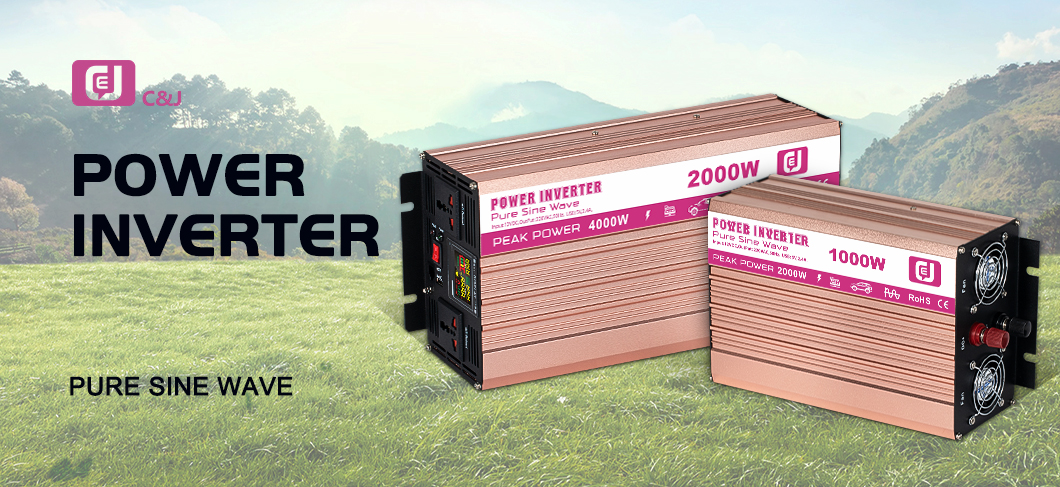Title: Unlocking the Potential of Power Inverters: Enabling Efficient Energy Consumption
introduce:
Welcome to a deep dive into power inverters, essential devices that are revolutionizing the way we consume energy. In today’s blog, we will shed light on the power of power inverters, their functions and their significant impact on improving energy efficiency. Join us on this enlightening journey as we reveal the many benefits and potential applications of power inverters.
Paragraph 1:
Inverters are the unsung heroes of modern technology, devices that convert direct current (DC) electricity into alternating current (AC) electricity. They play a vital role in enabling us to harness energy stored in batteries, solar panels or other DC sources in our daily lives. By converting direct current to alternating current, power inverters operate a variety of appliances, electronics and machinery that require alternating current to function. Whether in our homes, offices, or off-grid locations such as recreational vehicles and remote locations, inverters act as a bridge between our DC power and AC power utilization.
Paragraph 2:
Power inverters come in a variety of configurations for different purposes, each with its own benefits and characteristics. The most common types include stand-alone inverters, grid-tied inverters, and hybrid inverters. Standalone inverters are often used to power appliances and equipment in locations that are disconnected from the main grid, such as a boat or cabin. Grid-tie inverters, on the other hand, are connected to the utility grid and allow excess energy produced by solar panels or wind turbines to be fed back into the grid. Finally, hybrid inverters combine the advantages of stand-alone inverters and grid-tied inverters, allowing users to switch between grid power and stored energy, providing flexibility and efficiency.
Paragraph 3:
The significance of power inverters lies not only in their ability to convert energy, but also in their ability to improve energy efficiency. By converting DC power to AC power, power inverters eliminate the need to provide a separate power source for AC-based equipment, optimizing energy use. In addition, some advanced power inverters are equipped with innovative features such as battery management systems and power factor correction to further improve efficiency. By integrating power inverters into our energy systems, we can better control energy consumption, reducing waste and unnecessary costs.
Paragraph 4:
The fields of application of power inverters are vast and varied, and they are indispensable in numerous industries and everyday activities. In the automotive sector, power inverters play a key role in electric and hybrid vehicles, converting battery power into usable alternating current for propulsion and operation. Likewise, in the field of renewable energy, inverters help in the efficient use of energy generated by solar panels, wind turbines, and other sustainable sources. In addition to these areas, inverters play a role in emergency power systems, telecommunications networks, camping and boating adventures, and a host of other environments. It is clear that inverters are changing the way we use and consume energy, revolutionizing every aspect of our lives.
Paragraph 5:
In conclusion, power inverters have become a game changer in energy consumption, providing efficient and reliable DC to AC conversion. Their ability to increase energy efficiency, coupled with their versatility in different applications, makes them essential in our evolving energy landscape. Whether reducing our carbon footprint through renewable energy integration or simply enabling electricity in remote locations, inverters allow us to make conscious choices for a sustainable future. Let’s recognize and embrace the power of power inverters as we strive to create a world where efficient energy consumption is the norm.
Post time: Jun-20-2023


